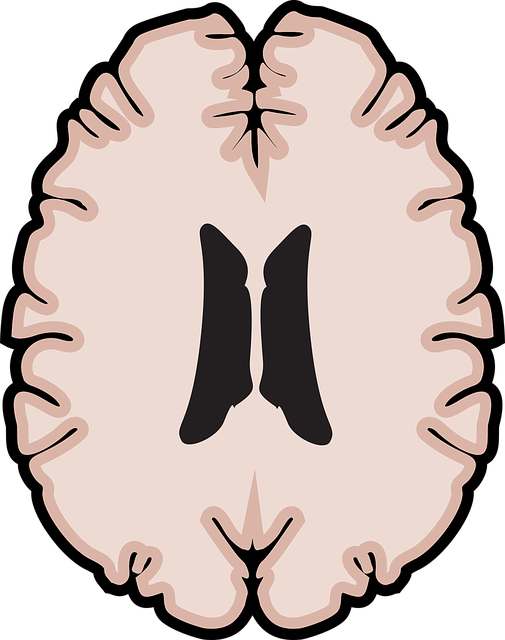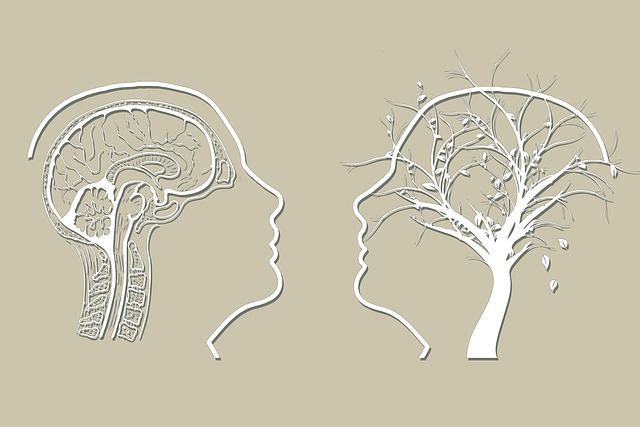Lafayette Interpersonal Issues Therapy (LIIT) is a holistic approach to resolving conflicts and enhancing well-being through positive thinking. By addressing negative thought patterns rooted in past experiences or social skill deficiencies, individuals gain emotional resilience and improved communication skills. LIIT offers crisis intervention guidance, stress management workshops, and evidence-based techniques like cognitive restructuring, mindfulness meditation, and gratitude journaling. Success is measured through qualitative assessments, client feedback, and observable behavioral changes, ensuring tailored effectiveness and continuous adaptation to dynamic practice needs.
“Unleash the power of positive thinking with Lafayette Interpersonal Issues Therapy, a transformative approach to mental well-being. This article explores the art of cultivating optimism through powerful exercises, offering a comprehensive guide for individuals seeking to overcome distress and enhance their lives. By understanding the fundamentals of positive thinking, identifying negative thought patterns, and learning effective reframing techniques, you can integrate these practices into your daily routine. Discover how Lafayette Interpersonal Issues Therapy provides a structured path to success, empowering you to thrive.”
- Understanding Positive Thinking: The Foundation of Lafayette Interpersonal Issues Therapy
- Identifying Negative Thought Patterns: Unraveling the Roots of Distress
- Techniques for Reframing Negative Thoughts into Positive Ones
- Integrating Positive Thinking Exercises into Daily Routine
- Measuring Success and Overcoming Challenges in Lafayette Interpersonal Issues Therapy
Understanding Positive Thinking: The Foundation of Lafayette Interpersonal Issues Therapy

Positive thinking is a cornerstone of Lafayette Interpersonal Issues Therapy (LIIT), a therapeutic approach designed to address and resolve interpersonal conflicts and emotional challenges. This therapy emphasizes the profound impact that positive thinking can have on an individual’s mental health and overall well-being. By encouraging clients to adopt a more optimistic perspective, LIIT seeks to cultivate emotional resilience, enhance self-esteem, and improve communication skills, thereby fostering healthier relationships.
The foundation of this therapeutic method lies in understanding that our thoughts directly influence our emotions and behaviors. Through crisis intervention guidance and stress management workshops organized by the therapy group, individuals learn effective strategies for emotional regulation. By participating in these sessions, clients gain valuable tools to navigate through life’s challenges, promote positive self-talk, and foster a supportive mindset, which is essential in managing interpersonal issues effectively.
Identifying Negative Thought Patterns: Unraveling the Roots of Distress

Identifying negative thought patterns is a pivotal step in addressing interpersonal issues and enhancing mental wellness. Many individuals struggle with recurring negative thoughts that can contribute to feelings of distress, anxiety, or even depression. Through Lafayette Interpersonal Issues Therapy, individuals learn to recognize these unhelpful cognitive patterns—such as all-or-nothing thinking, catastrophizing, or jumping to conclusions—that often arise from underlying social skills deficiencies or past experiences.
Understanding the roots of these negative thoughts is crucial for effective change. Social Skills Training and Mental Health Policy Analysis and Advocacy play significant roles in this process by providing strategies to challenge and reframe negative thoughts, fostering healthier thinking habits. The Mental Wellness Podcast Series Production can offer valuable resources and support, sharing practical techniques and real-life examples to help individuals navigate through these challenging thought processes, ultimately enhancing their overall mental wellness.
Techniques for Reframing Negative Thoughts into Positive Ones

Negative thoughts can often be reframed into positive ones through simple yet powerful techniques. One effective method is to challenge the negative thought by asking yourself if it’s an accurate representation of reality. For instance, if you find yourself thinking, “I always mess things up,” counter this with evidence that refutes the statement, such as past successes or specific instances where you’ve successfully completed tasks. This process, known as cognitive restructuring, is a cornerstone of various therapy approaches, including Lafayette Interpersonal Issues Therapy.
Additionally, practicing mindfulness meditation and engaging in regular self-reflection can help identify and change negative thought patterns. Mindfulness encourages individuals to observe their thoughts without judgment, allowing them to recognize and let go of unhelpful ones. Incorporating Mindfulness Meditation into your daily routine can foster a sense of calm, enabling you to respond to challenging situations with more positivity and resilience. Stress Management, an integral aspect of mental health, is significantly enhanced through these practices, ultimately contributing to improved overall well-being.
Integrating Positive Thinking Exercises into Daily Routine

Integrating positive thinking exercises into your daily routine can significantly transform your overall well-being and outlook on life. It’s a practice that encourages individuals to cultivate a more optimistic mindset, which is a powerful tool for navigating interpersonal issues and fostering healthy relationships, as highlighted by Lafayette Interpersonal Issues Therapy. Start with simple practices like gratitude journaling, where you reflect on the positive aspects of your day. This can be done at the end of each day, taking just a few minutes to write down a few things you’re grateful for. It helps to shift your focus to the good in your life and enhances emotional healing processes.
Additionally, compassion cultivation practices, such as mindful breathing exercises or kind-mindedness meditation, can help reduce stress levels and prevent burnout. These techniques have been shown to strengthen one’s ability to cope with challenges and enhance overall resilience. By incorporating these positive thinking exercises into your daily routine, you’re not only investing in your emotional healing processes but also building a buffer against the negative impacts of stressful situations, as recommended by Lafayette Interpersonal Issues Therapy.
Measuring Success and Overcoming Challenges in Lafayette Interpersonal Issues Therapy

Measuring success in Lafayette Interpersonal Issues Therapy (LIIT) involves a multifaceted approach that goes beyond mere numbers. It’s about observing tangible improvements in clients’ lives, such as enhanced communication in relationships, better coping mechanisms for stress, and increased overall mental wellness. Therapists using LIIT track progress through qualitative assessments, client feedback, and observable behavioral changes. This ensures that the positive thinking exercises and social skills training are not only effective but also tailored to individual needs.
Challenges inevitably arise during therapy, particularly when dealing with complex interpersonal issues. However, LIIT equips therapists with strategies to overcome these hurdles. By fostering a supportive environment, encouraging open communication, and integrating evidence-based techniques, therapists can navigate challenges effectively. Regular reflection, peer supervision, and continuous learning ensure that the practice remains dynamic and responsive to clients’ evolving needs, ultimately enhancing the success of the therapy process.
Implementing positive thinking exercises within the framework of Lafayette Interpersonal Issues Therapy offers a powerful tool for personal growth. By understanding negative thought patterns, learning reframing techniques, and integrating these practices into daily life, individuals can significantly improve their mental well-being. Measuring success through consistent application and overcoming challenges with resilience, one can harness the transformative potential of positive thinking to navigate interpersonal issues effectively.














